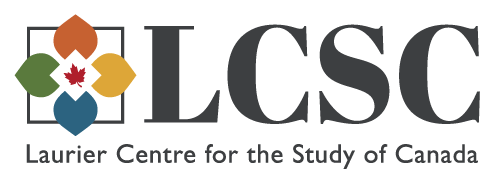Home > CMH > Vol. 17 (2008) > Iss. 2
Abstract
Though the Cold War never led to open hostilities between the United States of America and the Soviet Union, the two superpowers did engage in a seemingly endless series of wars by proxy in their struggle for dominance over international affairs. One of the major arenas was Central America, where regional politics influenced by ideologies led to decades of internal and external strife. Yet a glimmer of hope for peace emerged in the early 1980s even though acrimonious relations persisted between the US and USSR. Central and South American governments, with the encouragement of more distant nations, began a process of negotiation that eventually led to a reversal of the cycle violence. Canada played a leading role in providing substantial diplomatic and military assistance. It was not the first time that the country had assumed the role of impartial arbiter in international affairs. However, Canada’s political involvement and its subsequent participation in the Grupo de Observadores de la Naciones Unidas para Centro America presented unique political and military challenges that foreshadowed the tremendous difficulties Canadian peacekeepers would face a few years later in the Balkans.
Recommended Citation
Godefroy, Andrew B. "A Force of Reason: Canada, Central America, and the Grupo de Observadores de la Naciones Unidas para Centro America." Canadian Military History 17, 2 (2008)

